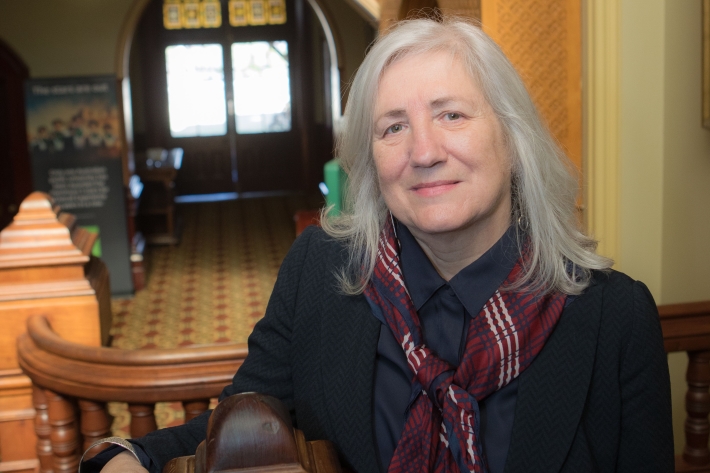There is no question at all about the intention of the Budget handed down in the midst of the worst economic crisis since the Great Depression. It strives to kick start the economy, boost confidence, get Australians back to work in labour intensive industries, support young people and put money in the pockets of tax payers.
Broadly speaking, the 2020 budget supports our aspirations as a regional university. I welcome the investment in skills and training, including the 12,000 new Commonwealth supported places for higher education in 2021. I welcome the support for regional communities and rural industries, where many of our students are drawn from, and eventually find their careers.
But it could go a lot further.
It’s disappointing to see a very traditional budget that has ignored many elements of society. This is not an equity budget. It has wiped out years of hard work in recognising the contribution of women to our economic success. This is evident the lack of new support for childcare and investment in industries that are female dominated – education, health, aged care. It doesn’t recognise the contribution of older Australians who have toiled their whole lives.
According to modelling by the Australia Institute, men will receive three in every five dollars of tax benefit in this financial year and then seven in every 10 dollars of the benefit from next year onwards, due to the way the Government has chosen to shape the reforms.
These implications of the 2020 budget will play out for many members of our UNE student community.
Sixty per cent of UNE’s students are female and many of them are over 35. They are looking to upskill or to re-engage with the workforce. The majority are studying at the same time as working, raising a family and contributing to community life.
This cohort will play a crucial role in driving economic recovery in their communities and nationally. They deserve the support of the highest levels of government.
Quite rightly our leaders will do what they deem necessary to drive our economy forward through an economic crisis. But as a leader of a regional University shaping the workforce of the future I want to see equity play a greater role in how this unfolds over the coming years and decades.


